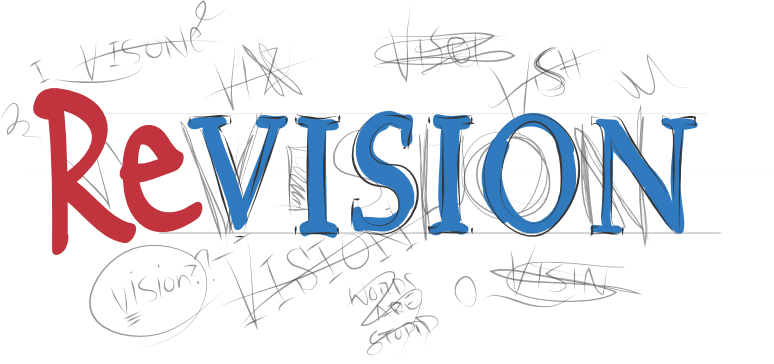Students from schools and universities alike, when knee-deep in exams are no doubt inundated with revision tips from parents, friends, teachers and next door’s dog. Revisions are one of the most important things for complete preparations and gaining confidence for examination. We get to understand and memorize the minute details about the subject during revision. In addition to that many of our doubts are also cleared during revision. Hence revision is very important part of the preparation.
Hundreds of thousands of students across the country start panicking about the fact that very little revision has been done so far, in the run up to the exams that now seem just around the corner. But don’t panic: it’s never too late to start revising.
Here are tips for easy revision:
-
Make a revision time table
A time table is to be fixed with frequent and short breaks in between. A very healthy practice is to mix and jumble different subject during revision. It is a very good practice for the mind and helps memorize the data. The most important thing is your discipline. You have to stick to your timetable.
-
Have a complete set of Notes
Having complete notes is an absolute necessity. Make sure that you have notes for each and every lesson taken in the class. If you don’t have notes for a particular day, better take your friends’ notebook for a day or half and read the lessons and try to write it in your own words. If you are short of time you can always go for photocopy.
-
Visual learning
This is one of the most effective techniques of learning. Try to organize the information you need to remember into diagrams, mind-maps and tables. If you’re an auditory learner, you learn best through listening – so look for videos or lectures on the subjects you are studying, or try to arrange a time to meet with a friend and discuss or debate some of the ideas that you’ll be tested on in the exam.
-
Put what you have learnt in practice
It’s of no use to just see and copy the notes again and again. If you are doing math and science revision, it is ideal to choose a random exercise and a random problem and work it out without referring the notes. Likewise if you are doing some other theoretical subject, try to write the summary of the text and what you have learnt in your own words.
-
Make sticky Notes
Categorize what you have to learn and learn in a similar manner. You can also make sticky notes to revise something again and again. Sticky notes can be put at places at places you often go or are in directly visible like mirror or doors.
-
Keep calm and carry on
Don’t panic and don’t cram! Keep healthy, get lots of sleep and don’t go without TV or a relaxing cup of coffee with a friend in the name of puritanical, revision-focused existence.
Do not study more than maximum eight hours per day if you’re taking breaks when you should be – and you should reward yourself (if only to keep yourself sane) when you’ve worked hard.
Get the support of your parents and siblings – no interrupting you when you’re working (even well-intentioned cups of tea can be a distraction and will interfere with your precision-engineered revision timetable) and healthy food for breakfast lunch and dinner.
And yes, remember, no Procrastination.
You Might Want To Read:
Three Domains Of Life, C S I R Earth Science Question Paper 3 2013 Solutions, How To Find Synonyms Word In A Passage Video, Testbag Nift Master Fashion Technologymftech Copy, Sound Waves, Diploma Clinical Pathologydcp Examination Mock Test Paper 9, Ugc Net Nepali Mock Test Paper 8, Upsc Csmains Russian Paper I Ii Question Paper 2011, Delhi University M A English 1St Year Mock Test Paper 2, Civil Engineering Question Paper 1 2001

